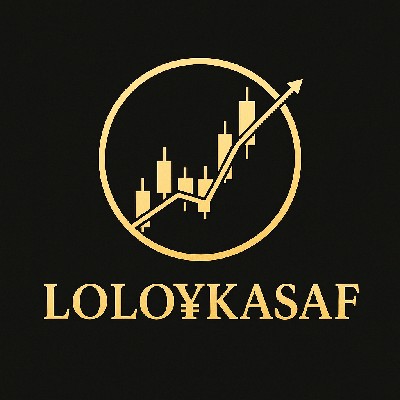


Preço de RED TOKENRED
Como é a sua opinião sobre RED TOKEN hoje?
Sobre RED TOKEN (RED)
A História e O Significado do RED TOKEN
A revolução da criptomoeda começou no final de 2008, quando foi lançado o whitepaper do Bitcoin. Desde então, milhares de novas criptomoedas surgiram, cada uma com seu próprio conjunto único de recursos, aplicações e benefícios. Uma dessas moedas é o RED TOKEN, um projeto com uma visão única e promissora para a indústria de blockchain.
O que é RED TOKEN?
Sem entrar em detalhes técnicos complexos, RED TOKEN é uma criptomoeda digital e um sistema de pagamento peer-to-peer. É de código aberto e baseado em tecnologia blockchain, o que significa que todas as transações são transparentes e seguras.
Um dos recursos mais distintos do RED TOKEN é que ele foi criado não apenas para ser uma moeda digital, mas também para resolver problemas concretos no mundo real.
Por que RED TOKEN é importante?
Há várias razões pelas quais RED TOKEN é especial, mas aqui estão os principais destaques:
-
Segurança e Privacidade: As transações do RED TOKEN são seguras e privadas graças à criptografia avançada e à estrutura de blockchain. Isso garante que ninguém possa roubar seus fundos ou rastrear suas transações.
-
Descentralizado: Não há nenhum ponto único de falha no sistema RED TOKEN. Isso torna a rede mais resistente a ataques, fraudes e censura.
-
Ecológico: Diferente do Bitcoin e muitas outras moedas, RED TOKEN utiliza um algoritmo de consenso mais eficiente em energia, reduzindo assim a pegada ambiental da mineração de criptomoedas.
-
Adaptação do mundo real: Como mencionado anteriormente, RED TOKEN foi criado para resolver problemas do mundo real. Isso significa que ele tem um potencial significativo para adoção em massa e crescimento a longo prazo.
Em suma, o RED TOKEN é mais do que apenas uma criptomoeda. É uma visão do futuro da economia digital, combinando os benefícios das moedas tradicionais com as vantagens da tecnologia blockchain. Seu impacto potencial na sociedade e na economia global não deve ser subestimado.
Desde a sua criação, o RED TOKEN mostrou ser um player significativo na indústria de criptomoedas. E à medida que a tecnologia blockchain continua a evoluir e a se desenvolver, o RED TOKEN provavelmente continuará desempenhando um papel importante nessa evolução.
Relatório de análise de IA sobre RED TOKEN
Preço de hoje de RED TOKEN em EUR
Histórico de preços de RED TOKEN (EUR)
 Preço mais baixo
Preço mais baixo Preço mais alto
Preço mais alto 
Qual é o preço mais alto do token RED TOKEN?
Qual é o preço mais baixo do token RED TOKEN?
Previsão de preço do token RED TOKEN
Qual será o preço do token RED em 2026?
Qual será o preço do token RED em 2031?
Perguntas frequentes
Qual é o preço atual de RED TOKEN?
Qual é o volume de trading em 24 horas de RED TOKEN?
Qual é o recorde histórico de RED TOKEN?
Posso comprar RED TOKEN na Bitget?
É possível obter lucros constantes ao investir em RED TOKEN?
Onde posso comprar RED TOKEN com a menor taxa?
RED TOKEN - Total de ativos por concentração
RED TOKEN - Endereços por tempo de manutenção

Preços globais de RED TOKEN
- 1
- 2
- 3
- 4
- 5
Novas listagens na Bitget
Comprar mais
Onde posso comprar cripto?
Seção de vídeos: verificação e operações rápidas

Avaliações de RED TOKEN
Bitget Insights



Ativos relacionados
Informações adicionais sobre RED TOKEN
Visão geral da moeda
Relacionado a moedas
Relacionado ao trading
Atualizações de moeda

































